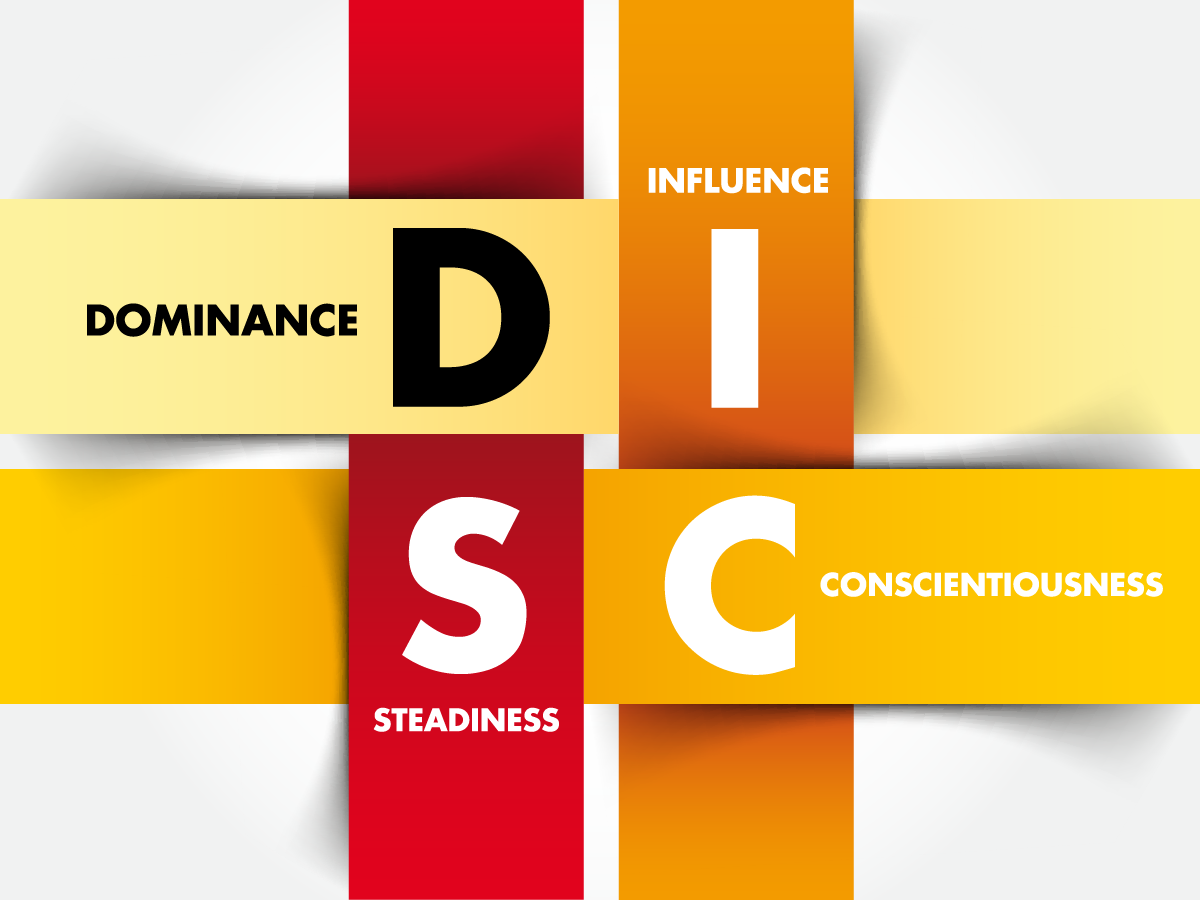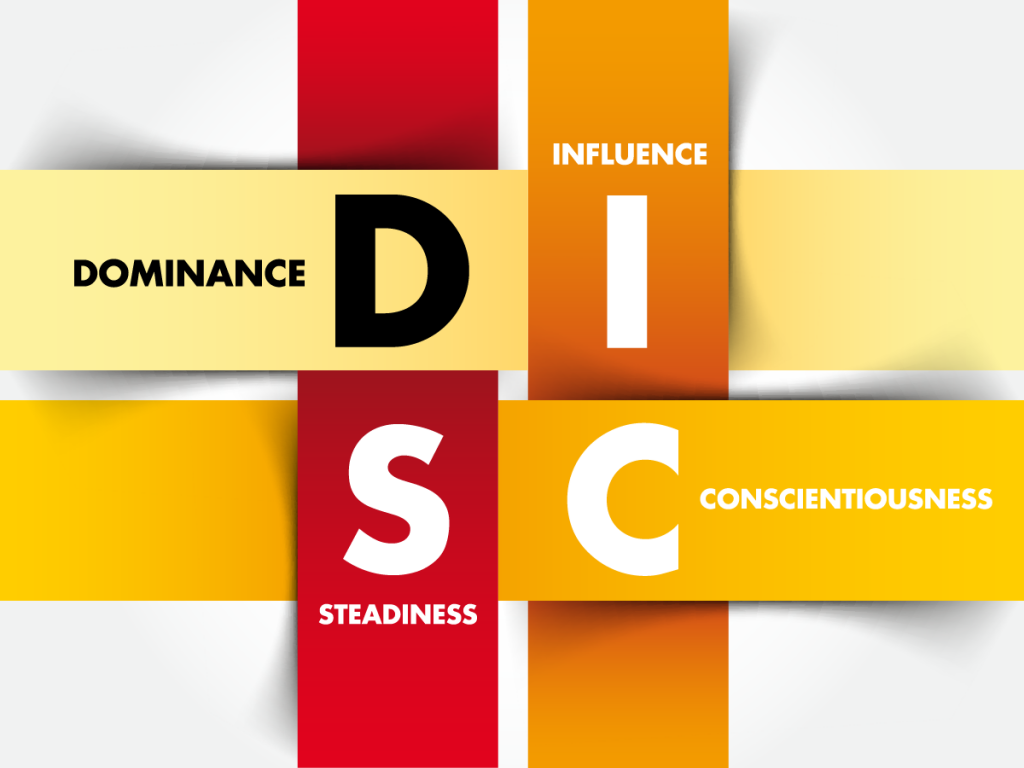The e-commerce industry continues to boom, though having superior phone support with e-commerce still needs proper technique to work effectively. Statistics show customer service plays a big part in making it successful. In fact, 87% of customers want a more seamless experience when buying something online.
While you may understand this abstractly, it’s not an easy problem to solve. Because each customer you have is different, how will your customer service team be able to work with them on the phone?
Finding the right communication style is where you need to focus, including finding a source of phone support. Take a look at four styles of communication to consider.

Using the DiSC Program to Start
If you’ve never heard of DiSC, it’s an acronym for “Dominance, Influence, Steadiness, and Conscientiousness.”
A system created by physiological psychologist Dr. William Marston in 1928, it’s a basic assessment of communication styles to consider using in phone support and customer service. While it’s since been refined to consider how customers think today, the basics are still in place.
Published by Wiley today, the DiSC program asks specific questions of your customer service staff to assess the type of personalities they have. Each answer helps identify what kind of communication style they should acquire to properly communicate with customers.
Overall, it helps your employees better understand their own personalities so they can adjust them to deal with callers.
It’s time to focus on each of these DiSC personality types so you can apply them to your customer service staff for all e-commerce duties.
1. The Dominance Communication Style
If you take the DiSC test and determine you’re a D, this means you have a natural dominance style in communicating. You can define this as attempting to shape the environment by overcoming opposition to accomplish results.
No doubt you’re familiar with at least some of your employees exhibiting tendencies toward this personality trait. They’re the ones who want to win and compete at a high level. Often, they’re so adamant in wanting to succeed, they usually show faster sales results.
On a psychological level, these types sometimes fear being looked at as vulnerable and end up being more forceful to overcome this perception. Nevertheless, they can sometimes become a little too forceful, leading to pushiness if dealing in customer support over the phone.
To truly succeed in being more dominant, your employee would need to learn more about patience, plus display more sensitivity to customer pain points.
2. The Influential Communication Style
Those who exert more influence in their customer service performance try to shape their environments by persuading others to see things their way. It’s a powerful communication style in customer service because it helps those who may think differently see things from a new perspective.
You may already tag these people as having magnetic personalities, being overly enthusiastic, or having warm and trusting personalities.
These are all great traits to have in a customer support team, particularly if doing any selling. However, some people who exert influential behavior may have a pushier style not all customers warm to. Like the dominance type above, those with the influential style don’t want to lose their sense of influence. They may work hard to stay social and don’t like being ignored.
Some things to work on in honing this personality include staying focused for longer periods if customers need help solving a problem. They also need to allow the customer to talk and ask questions to express their concerns.
Of course, this and the above personality might fit the persona of more than a few customers as well.
3. The Steadiness Communication Style
This communication personality is the polar opposite of the ones you see above. A customer service rep (or customer) with steadiness is more patient and wants to cooperate with others to get a task accomplished.
A standout trait with this personality is the willingness to help and always bringing sincere appreciation. They don’t just operate on independence either and enjoy collaborating as a group to accomplish a goal.
When your customer team have to work together to solve a customer problem, these type of workers are invaluable. They’ll bring stability to your team rather than try to rock the boat by exerting their own ideas on everyone else.
In customer service, this is also going to become a strong trait thanks to your employee’s ability to stay patient during difficult situations. Solving an e-commerce problem for a customer can sometimes become challenging, especially if it’s someone who’s lost their patience.
Those with steady personalities are willing to listen to perturbed customers without getting annoyed about being told off. Even if the customer is trying to get a rise out of your customer service rep, keeping things consistently calm to solve an issue is a true virtue.
Automated customer service systems can additionally help customers who’ve lost patience, or need help during late hours. While you should always have patient customer service reps available 24/7, automated assistants often help with complicated problems thanks to thorough troubleshooting tips or answering FAQs.
One weakness associated with steady personalities is they don’t always promote themselves enough.
4. The Conscientiousness Communication Style
A customer service rep who displays a natural conscientious personality is a polar opposite of where this started with dominance. It’s also quite different from virtually all of the other personalities in this list.
What motivates these people is gaining knowledge, displaying their expertise, and bringing quality work to the table.
You should definitely value these types, because they’re a little rarer to find. They also ensure accuracy and are almost always diplomatic.
Of course, this has a little similarity to steadiness above, except conscientious employees may sometimes be overanalytical and overcritical.
A true plus with working with these types is they bring stability and predictable accomplishments. You can count on them on always hitting goals in their customer service roles with customers.
Because they’re more independent, they may have to learn to compromise more for successful customer service team efforts. They like facts and details, which makes them perfect for customer calls dealing with complex issues.
They’ll also need to hone in on making faster decisions when a customer demands it.
Visit us at Westpark Communications where we can help you with improving communication for successful business relationships in customer service.



